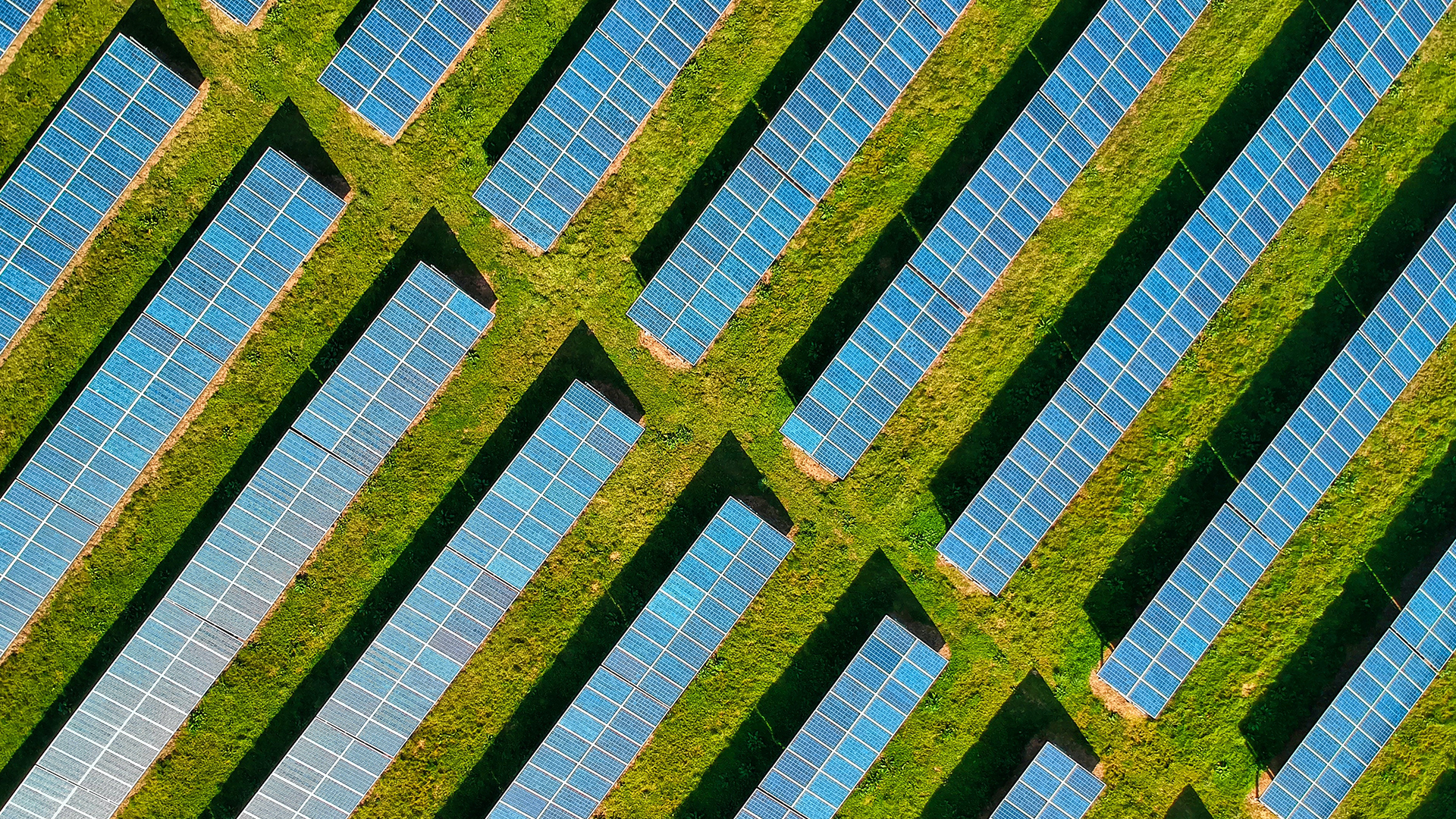- The provincial government of Gauteng is looking to build an 800MW solar farm in Merafong, in the West Rand.
- At the State of the Province Address, Premier Panyaza Lesufi said developers will be chosen for the project within a few weeks.
- Last week, the Premier said that Gauteng is preparing initiatives to end loadshedding the province.
The Gauteng Provincial Government is preparing to invest R1.2 billion towards lessening the impact of loadshedding in the province, according to Premier Panyaza Lesufi.
Speaking at the State of the Province Address in Johannesburg, Lesufi said, among other things, one initiative to be undertaken will be the construction of an 800MW solar farm in Merafong, in the West Rand. Six developers are still to be appointed in heading the project.
An 800MW facility could provide a significant amount of power to local municipalities in the province, and would indeed cut down on more severe stages of loadshedding in certain areas. A concern could be how much sun the area receives.
Usually, solar power plants are built in arid, or semi-arid areas like the Northern Cape or the north of the Western Cape.
Another concern would be the time frame for getting this facility operational. Eskom believes loadshedding will start to ease in the next two years, but most analysts take that timeline with a pinch of salt.
Lesufi shared that the process to begin selecting developers for the Gauteng solar farm will only begin “in a few weeks.”
“This will be followed by the installation of rooftop solar panels in government buildings, especially hospitals, clinics and schools,” he added.
The Gauteng government has also established an “energy crisis response team.” One that engages with “the National Energy Committee and working with local government and energy experts” to find solutions to loadshedding in the province.
“We will engage with Johannesburg Municipality’s City Power as well as Tshwane’s Rooiwal facility with an intention of supporting them to expand and generate more power,” the Premier said during the address.
“We will meet with the owners of Kelvin Power Station to establish how we can partner with them to limit load shedding in Gauteng. From next week, we will advertise a call for proposals for alternative suppliers of energy that can contribute to a solution of the energy crisis and the reindustrialization of Gauteng.”
Last week, members of the municipality of Gauteng, as well as government officials, financial institutions and researchers in the energy space met at the Gautent Energy Expo held in Bryanston, Johannesburg, to find solutions to the province’s energy crisis.
At that event, Premier Lesufi shared that the Gauteng government is preparing to end loadshedding across South Africa’s most economically active province.
“We also want to link up investors with those who have renewable energy projects in the province,” he said at the expo.
Johannesburg’s City Power says it will begin replacing street lights with solar-powered versions, especially in areas where violent crime is a concern, as part of this switch to renewables.
“We are looking at starting in areas around university campuses. We want those areas well-lit so criminals cannot attack our students,” said City Power CEO Tshifularo Mashava last week. The first of these renewable streetlights will be switched on in March.
South Africa has been investing significant efforts and funds into shifting some of its energy generation towards renewable sources amid the ongoing loadshedding crisis. Construction began at the Redstone Concentrated Solar Plant in October last year.
Located in the Northern Cape, the plant is being built by Saudi Arabia’s ACWA Power.
[Image – Red Zeppelin on Unsplash] [Source – SA News]

